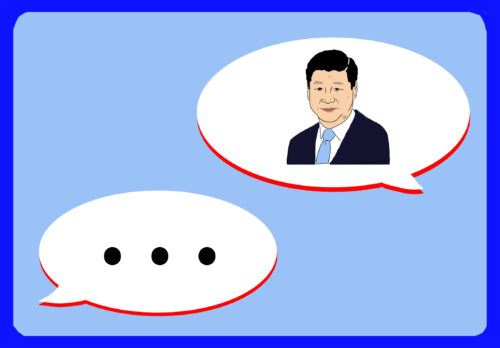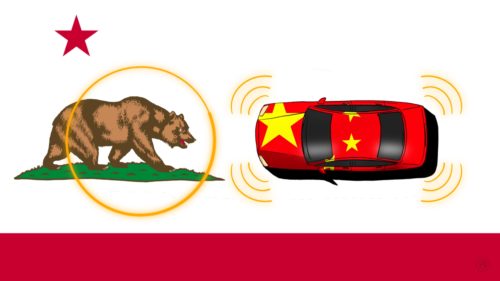Is Baidu already dead?
Is Baidu already dead?

Search engine Baidu has fully embraced fake news. This is according to the latest argument from a growing group of influential writers on the Chinese internet who are calling out Baidu’s business practices.
Yesterday, Fāng Kěchéng 方可成, a veteran political journalist, published a scathing critique of the company on his Weibo account, titled “Search engine Baidu is already dead” (in Chinese). The article gives many examples of how Baidu manipulates its search results in favor of low-quality articles published on its own blogging platform, Baijiahao, which is rampant with misinformation, rumors, and outright lies.
One example cited by Fang is a bombshell piece of news forwarded by his friend, which reports that the CIA has issued a posthumous apology in light of new evidence that proves Osama bin Laden was not involved in plotting the 9/11 attacks. Posted on Baijiahao, the news is a translation of a piece published by the Onion, the American parody news website. The translation did not mention the source or give any context, so a number of readers, like Fang’s friend, believed it was real news.
“Baidu wasn’t like this one year ago. It was far from this 10 years ago. Though it had various problems back then, it still fulfilled its basic responsibilities as a search engine. It served as people’s entry point to the Chinese internet,” Fang wrote. “But now, it’s more of a sitewide search engine for Baijiahao.”
Fang’s article quickly gained a lot of traction on social media, with many Chinese internet users calling for Baidu to accept its social responsibilities. Over the past few years, the public’s uneasiness with Baidu has grown tremendously due to a series of scandals. In 2016, a 21-year-old student in China died of cancer after getting scammed by a hospital he found on Baidu. In the aftermath of the incident, Baidu displayed a remarkable lack of contrition. Last week, veteran journalist Wáng Zhì’ān 王志安 was dragged into a feud with Baidu, which threatened to seek legal action against Wang due to his mention of the 2016 scandal in an article.
In response to Fang’s accusations, Baidu released a statement (in Chinese) on January 23, saying that its preference for Baijiahao’s content is not as strong as Fang argues. Links to Baijiahao “only take up about 10 percent of all search results,” Baidu wrote. “Baijiahao has 1.9 million bloggers and many of them are from prestigious media outlets that produce high-quality content.”
Baidu’s defense of its aggressive approach to boost Baijiahao’s visibility was soon challenged by Fang, who pointed out that since most internet users only read the first two pages of search results, Baidu is clearly abusing its market dominance as a search engine by displaying links to its own product, Baijiahao, above those of other sources. “The percentage of Baijiahao links in total search results is a meaningless number,” Fang wrote in a follow-up post (in Chinese). “It would be much more convincing if Baidu can tell us how many links in the first page of search results are from Baijiahao.”
Some users are already voting with their feet, or at least with their VPNs: “I switched to Google many years ago. You guys ever heard of it?” a Weibo user commented (in Chinese) on Baidu’s statement.






